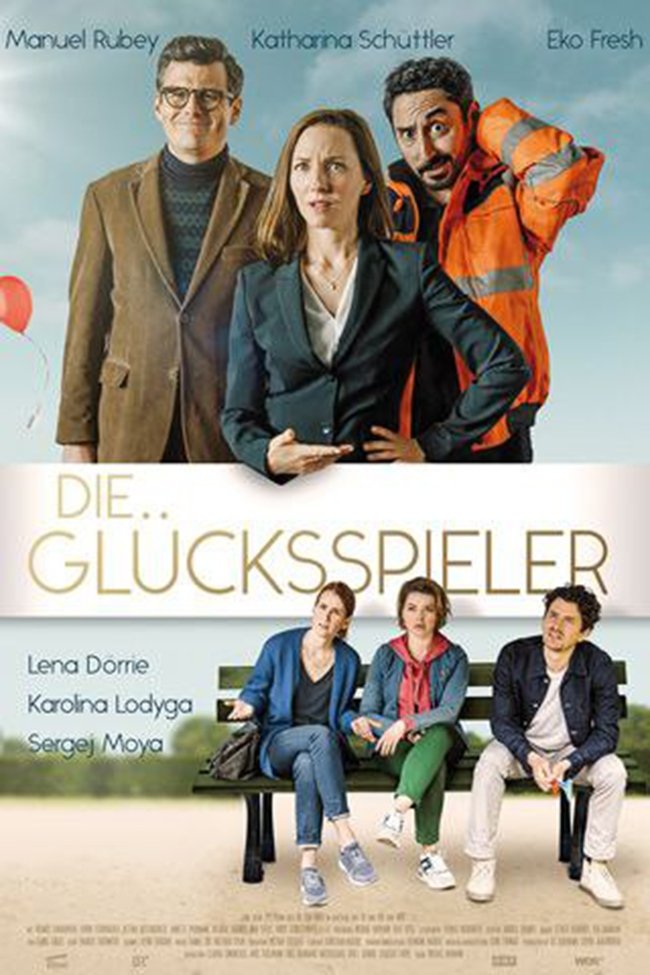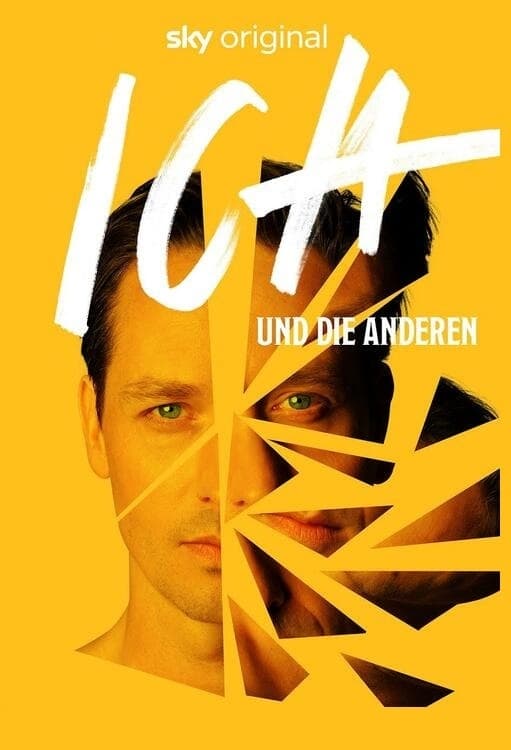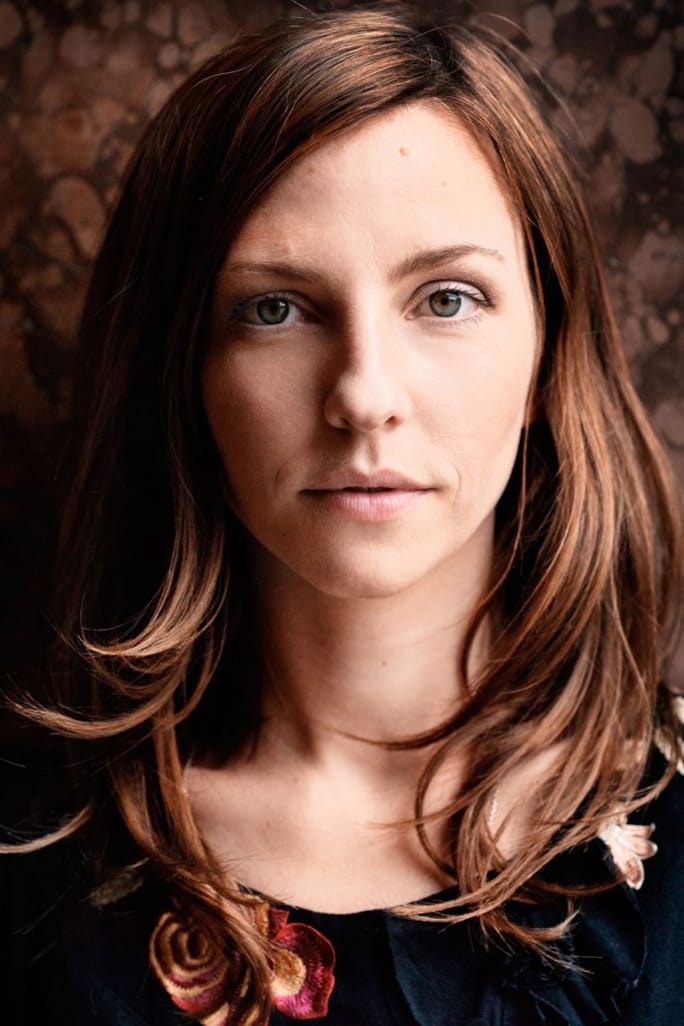

Katharina Schüttler (born 20 October 1979) is a German television and film actress. Her film debut was in the movie Die Lok in 1992. She is best known internationally for leading roles as Clara Rosenbaum in The Promise (2011) and as Greta Müller in the television drama Generation War (2013). Schüttler grew up in Cologne. Her father is an actor, director and former theatre director and her mother is a playwright. After high school she studied acting at the Hanover University of Music, Drama and Media from 1999 to 2003. In 2002, she played the title role in the German premiere of the play Lolita in a staging of Peter Kestmüller at the Schauspiel Hannover. Katharina Schüttler preferably plays radical roles in which people are torn in existential situations. In 2006, she was awarded by the critics survey of the magazine Theater Today 2006. Source: Article "Katharina Schüttler" from Wikipedia in English, licensed under CC-BY-SA 3.0.
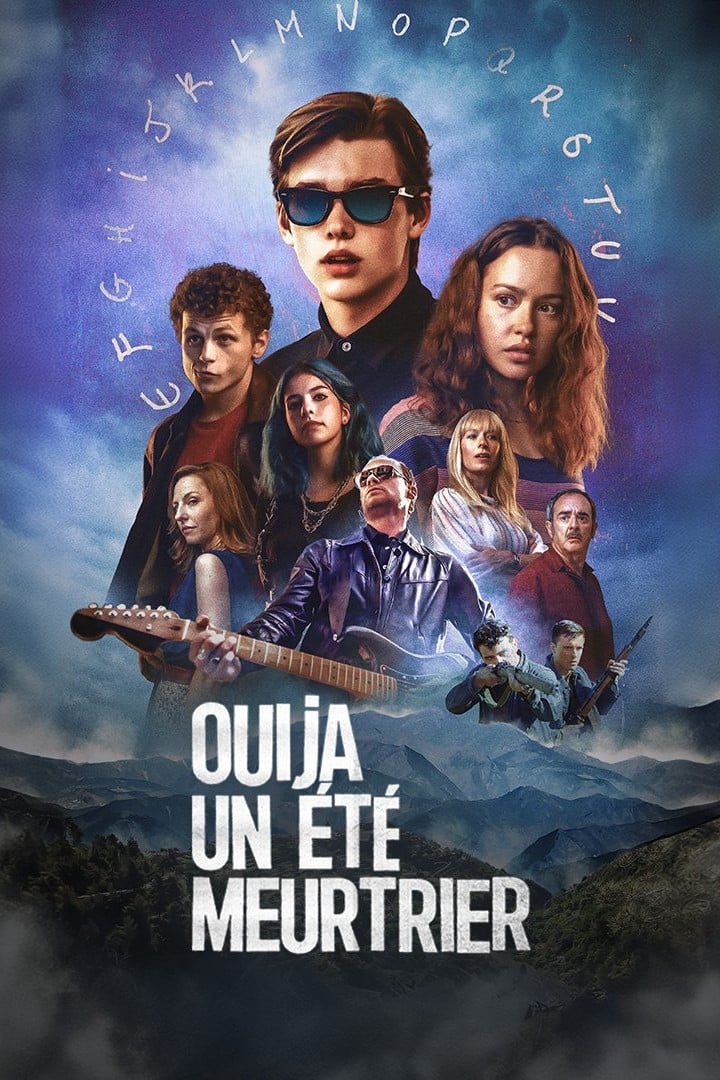
Provence, Summer 1982. French highscoolers and their german exhange students...
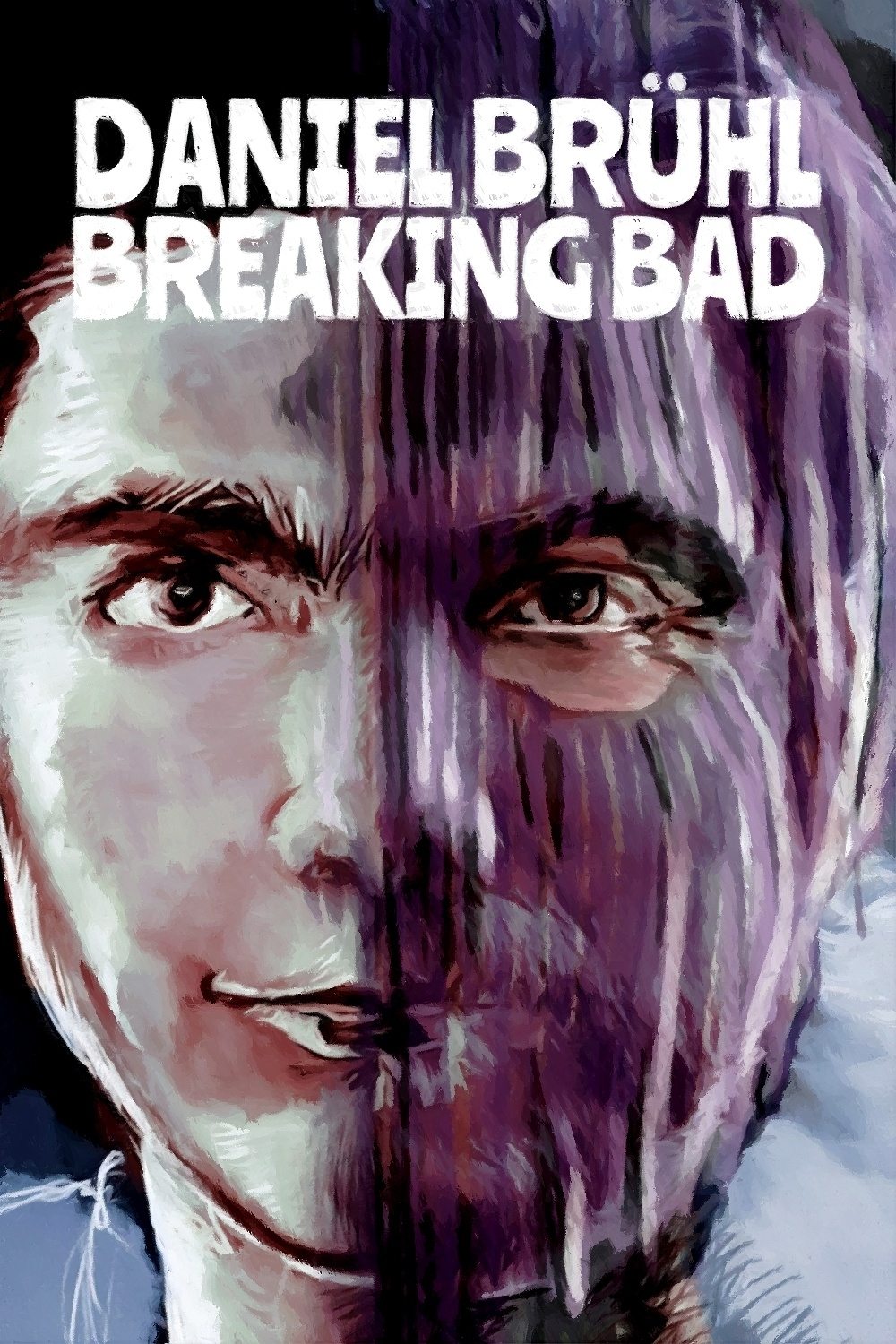
A portrait of the Spanish-German actor Daniel Brühl, a versatile...
